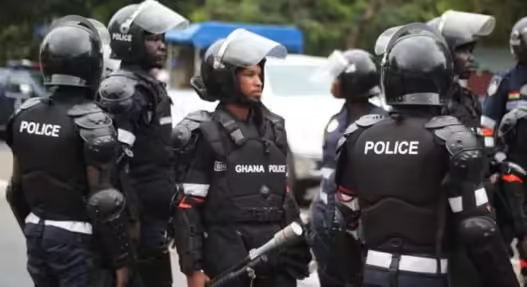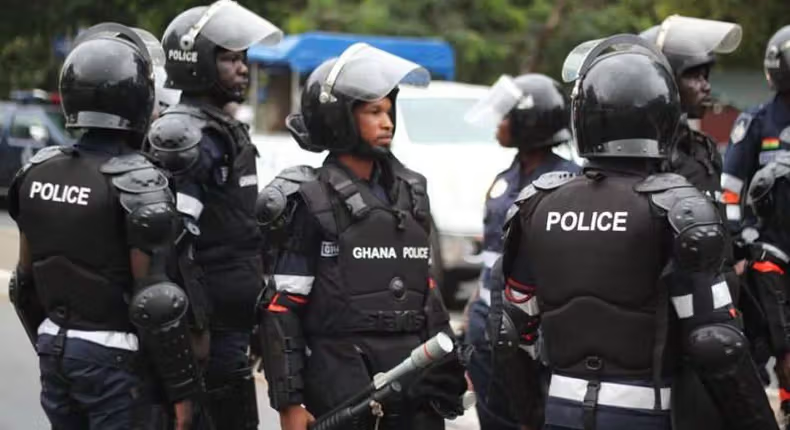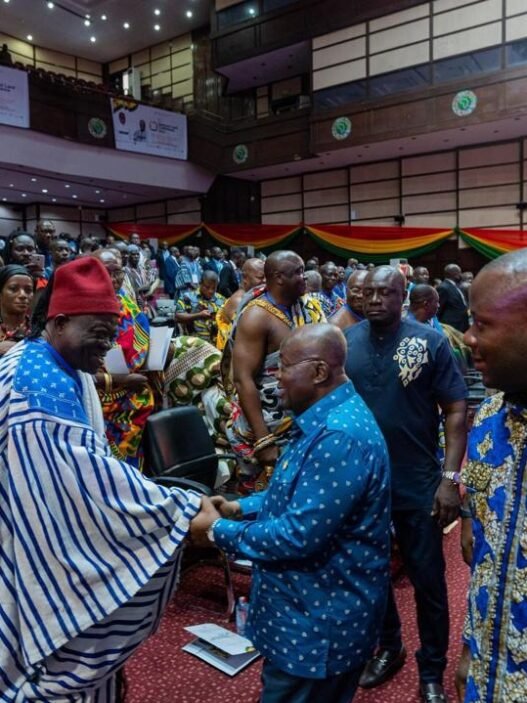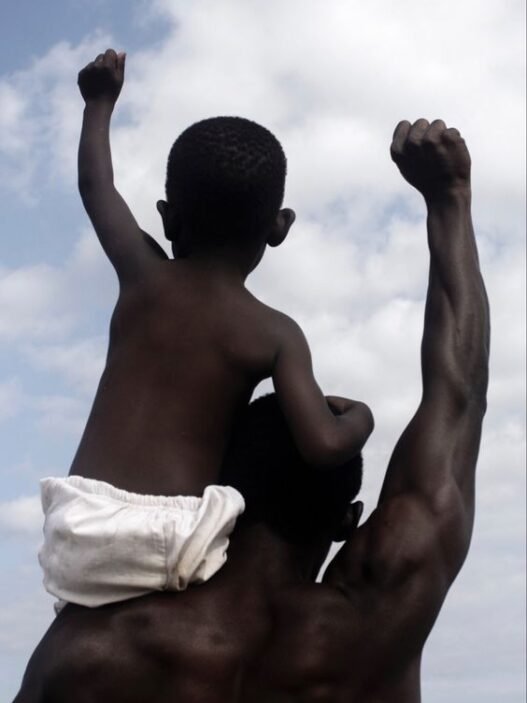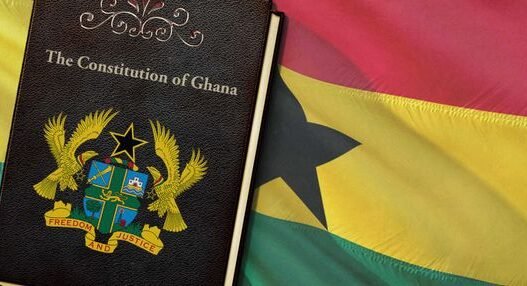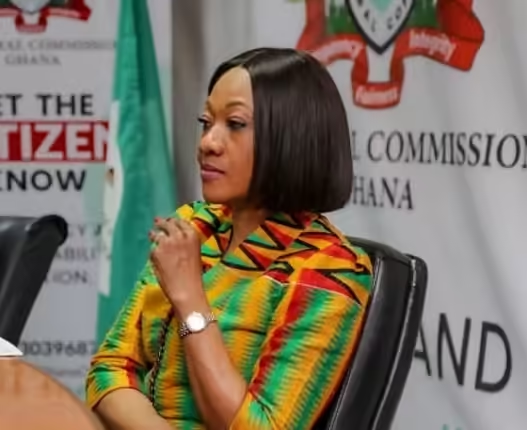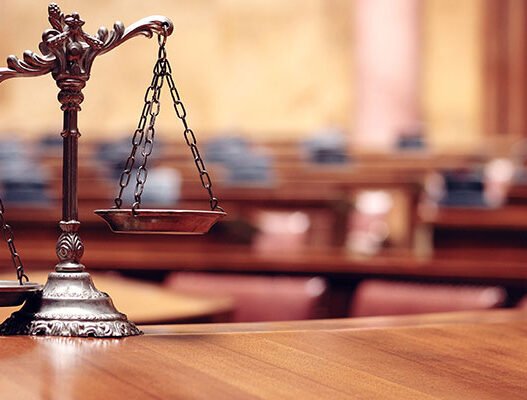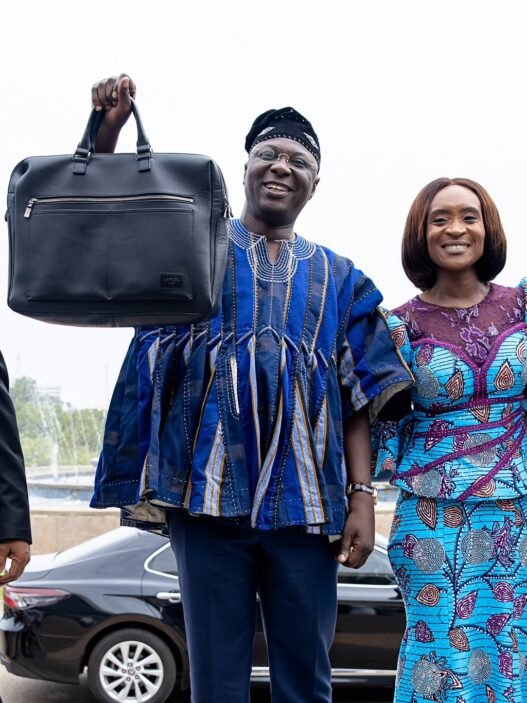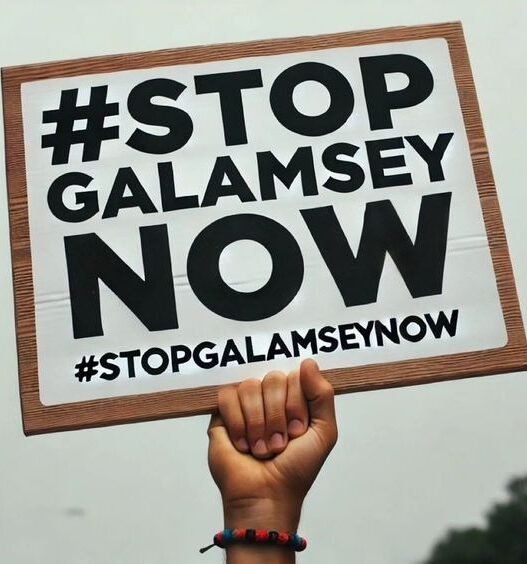In Ghana, the issue of landguard violence has spiraled out of control, leading to a state of disarray in property ownership and land disputes. While many focus on the land thieves who invade properties and intimidate rightful owners, the situation is far more complex.
“It raises the critical question: are chiefs and politicians complicit in this madness?”
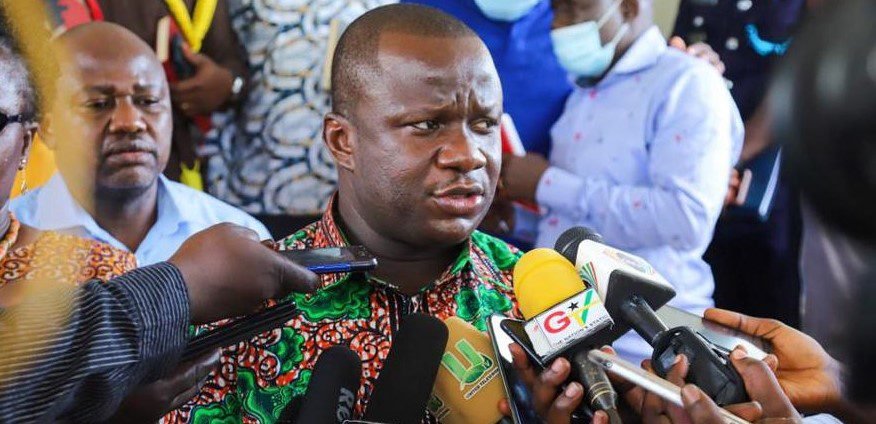
Ghana’s Minister of Land and Natural Resources, Abu Jinapor
Understanding the Landguard Menace
The term “landguard” refers to individuals or groups hired to protect land from illegal encroachment. However, the reality is that many of these landguards often operate with impunity, engaging in violence and intimidation against those they deem threats to their claims. They are not just rogue elements; some are believed to have the backing of influential chiefs and politicians, making them difficult to control.
A Culture of Impunity
The landguard crisis is deeply entrenched in a culture of impunity, where illegal activities flourish due to a lack of accountability. Land guards have been known to act violently towards landowners, especially when they attempt to assert their legal rights. This environment has not only led to property destruction but has also instilled fear in the hearts of many landowners, forcing them to stay silent.
Chiefs: Custodians or Conspirators?
Traditionally, chiefs are seen as custodians of the land, tasked with protecting community interests and mediating disputes. However, allegations have surfaced that some chiefs have become complicit in the landguard phenomenon, either by directly hiring them or turning a blind eye to their activities. This betrayal undermines the very foundations of the chieftaincy institution.
Political Complicity
Political figures also play a critical role in this crisis. Some politicians are accused of using landguards as a tool for their own political gain, either to intimidate opponents or to secure land for their personal or political allies. This dangerous alliance between landguards and political actors exacerbates the problem, creating a cycle of violence and corruption.
The Land Ownership Crisis
The implications of the landguard menace extend far beyond individual disputes. The ongoing crisis contributes to a broader land ownership crisis, hindering economic development and driving away potential investors. The uncertainty surrounding land titles and ownership makes it difficult for individuals and businesses to secure financing, thus stunting growth in various sectors.
Impact on Ordinary Citizens
The average Ghanaian citizen bears the brunt of these conflicts. Many families who have owned land for generations find themselves facing eviction or intimidation from landguards. This erosion of property rights not only affects livelihoods but also contributes to a sense of injustice and disenfranchisement.
What Can Be Done?
To address the landguard wahala, a multifaceted approach is necessary:
Public Awareness Campaigns: Raising awareness about land rights and the dangers of landguards can empower citizens to resist intimidation and stand up for their ownership rights.
Stronger Legal Framework: The government must strengthen laws concerning land ownership and landguard activities, ensuring that violators face strict consequences.
Community Engagement: It is vital to engage local communities in discussions about land rights and dispute resolution. Empowering citizens to stand up for their rights can help mitigate the fear instilled by landguards.
Accountability for Chiefs and Politicians: Holding chiefs and politicians accountable for their role in land disputes is essential. Transparency and oversight mechanisms must be put in place to ensure that they act in the best interests of their communities.
Public Awareness Campaigns: Raising awareness about land rights and the dangers of landguards can empower citizens to resist intimidation and stand up for their ownership rights.
Conclusion
The landguard wahala is a symptom of deeper issues plaguing Ghana’s land ownership system. As land disputes escalate, it is crucial to confront the roles that chiefs and politicians play in perpetuating this crisis. Only through a concerted effort to strengthen legal frameworks, hold leaders accountable, and empower ordinary citizens can Ghana begin to tackle the landguard menace effectively.









